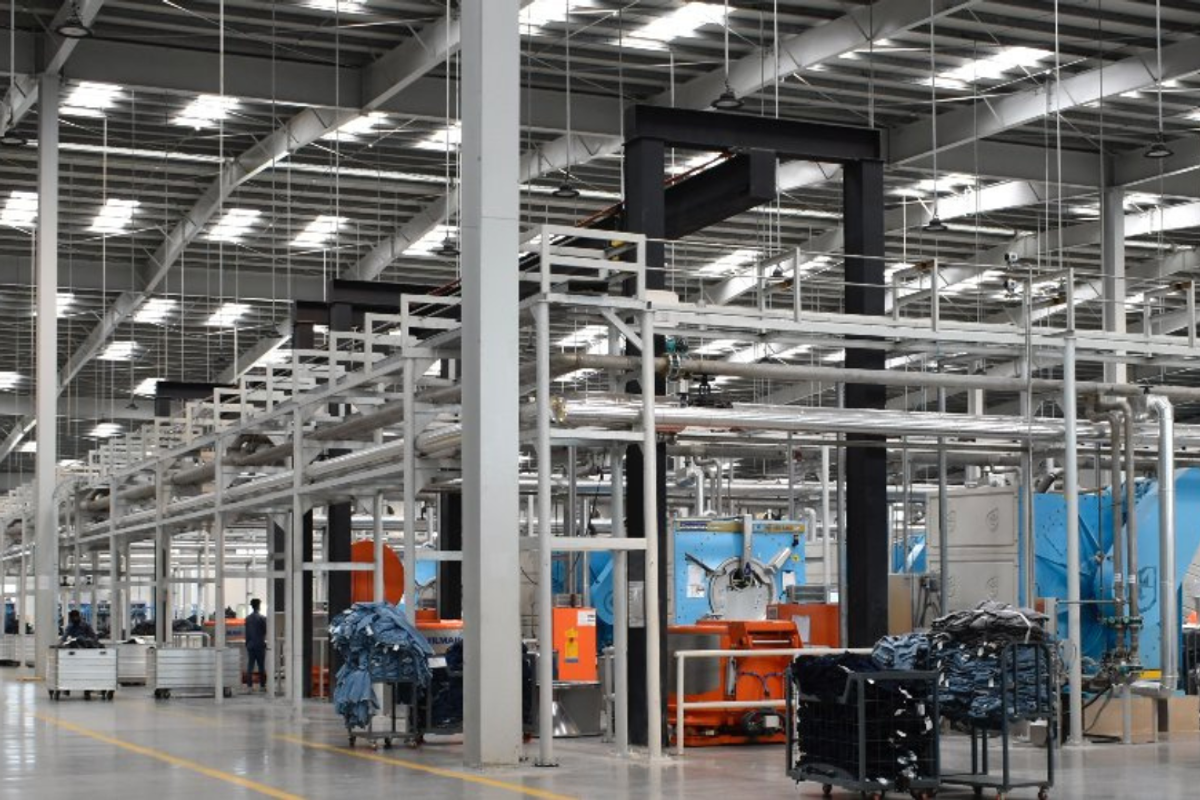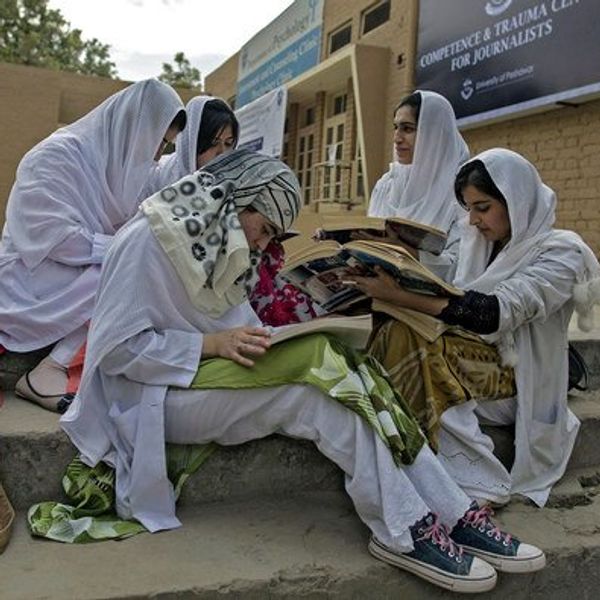Interloop sees neutral US tariff impact, stronger EU outlook
Textile maker’s earnings drop to PKR 5.4 billion amid higher costs and rupee gains
Business Desk
The Business Desk tracks economic trends, market movements, and business developments, offering analysis of both local and global financial news.

An image of the Interloop factory
Interloop X
Interloop Ltd. (ILP) said Pakistan remains in a relatively neutral position on U.S. tariffs, though management noted the levies have dampened overall U.S. textile demand. The company added it does not expect a material impact on exports even if India’s tariff rates fall below Pakistan’s, citing minimal overlap in export segments.
On the European front, management said Pakistan continues to hold a favorable position under the EU’s GSP+ compliance framework compared to regional peers, supporting the company’s long-term export outlook.
Interloop’s management shared the views during an analyst briefing on its fiscal year 2025 (FY25) results and outlook for FY26. The Faisalabad-based textile manufacturer reported a 66% year-over-year drop in profitability to PKR 5.4 billion (EPS: PKR 3.84) in FY25 from PKR 15.8 billion (EPS: PKR 11.25) in the previous year.
Revenue, however, climbed 11% to PKR 173 billion from PKR 156 billion, driven by higher hosiery volumes and ramp-up in apparel and denim operations.
Gross margins fell to 20.3% from 27.9%, while net margins declined to 3.1% from 10.1%, largely due to higher input and salary costs, PKR appreciation, and start-up losses in new capacities. The company declared a final dividend of PKR 1.00 per share, down from PKR 4.50 per share a year earlier.
For the first quarter of FY26, Interloop posted a profit after tax of PKR 2.8 billion (EPS: PKR 2.00), a twelvefold increase from PKR 222 million in the same period last year, reflecting stronger efficiencies and margin recovery.
The denim segment has exited losses, management said, while the apparel division is expected to break even by FY27. Hosiery remains the core profit driver. Geographically, U.S. sales declined to 45% of total revenue from 50% a year ago, while Europe’s share increased to 45% from 39%. Sales to Asia and other regions eased to 10%.
Interloop has also advanced its sustainability agenda, commissioning a LEED Platinum-certified apparel plant—the highest-rated in Pakistan—and expanding solar capacity to 17.3 megawatts, with a payback period of about three years. The company is one of 15 global suppliers represented on Nike’s Sustainability Council.
The group operates 12 facilities across Lahore and Faisalabad employing about 37,000 people. Total power demand stands around 57 megawatts, met through 83% grid supply, 9% gas, and 7% solar. Recent expansion includes Hosiery Plant 6 and a 4.6MW solar plant, with further yarn dyeing and denim capacity additions slated for completion by FY26.
Looking ahead, management expects gross margins to remain below 30% in the near term, pressured by rupee appreciation, rising wages, and the withdrawal of export incentives. Still, efficiency gains and sustainability initiatives are expected to support medium-term profitability.
Interloop is also planning a $35 million facility in Egypt through an associated company, set for commissioning in early 2027, to expand regional export access. Management emphasized that the company remains focused on stabilizing apparel and denim operations before pursuing new product lines or retail ventures.










Comments
See what people are discussing